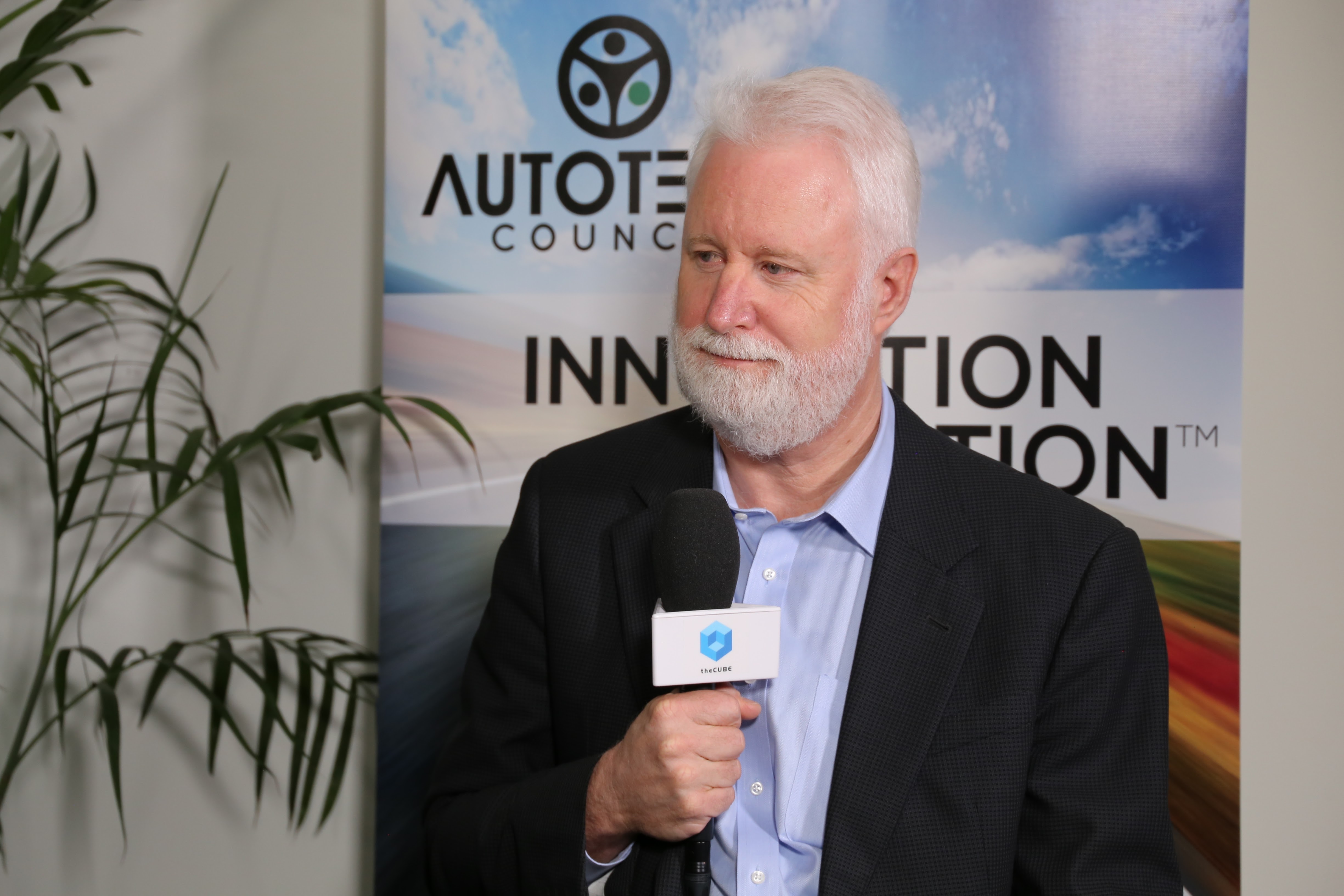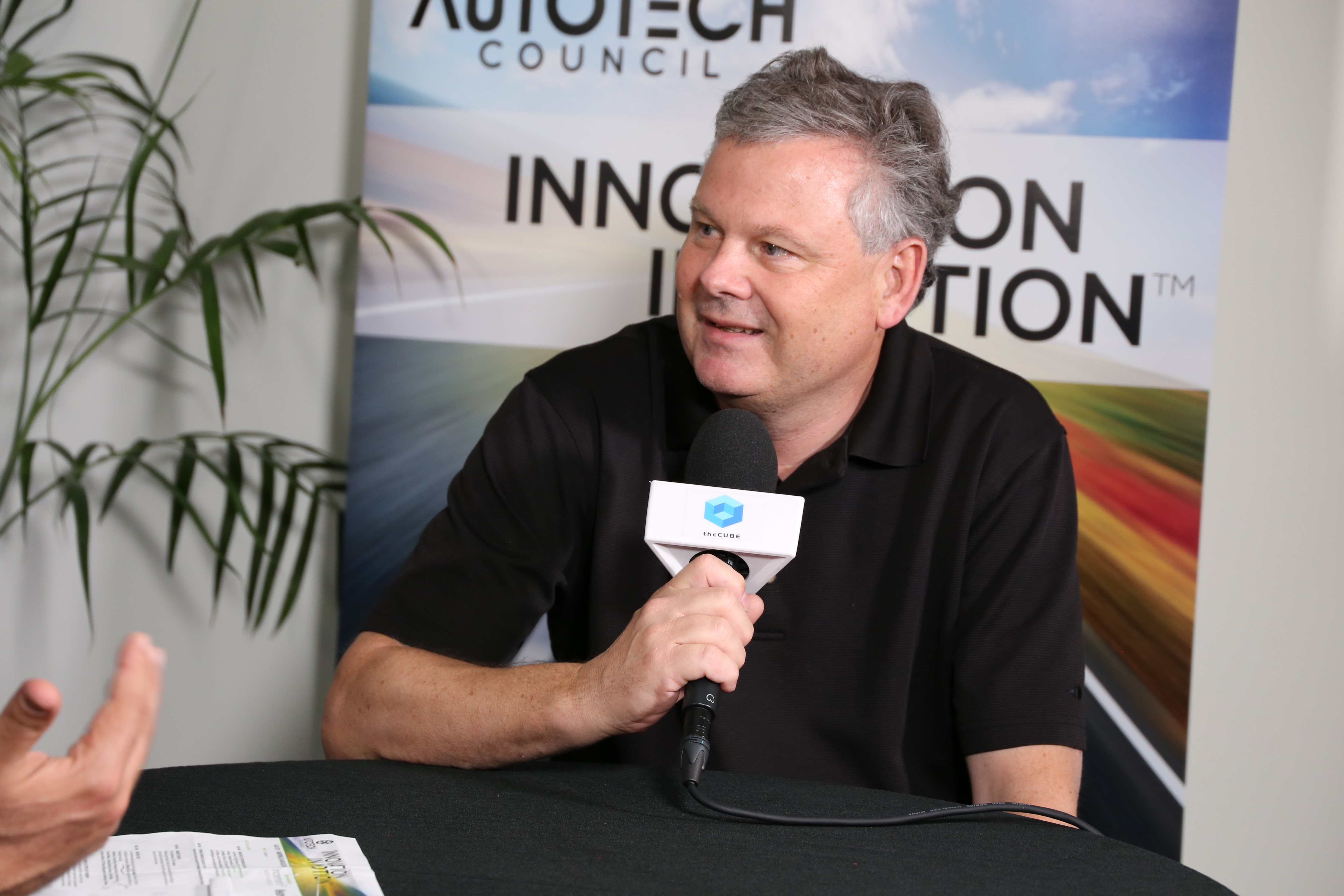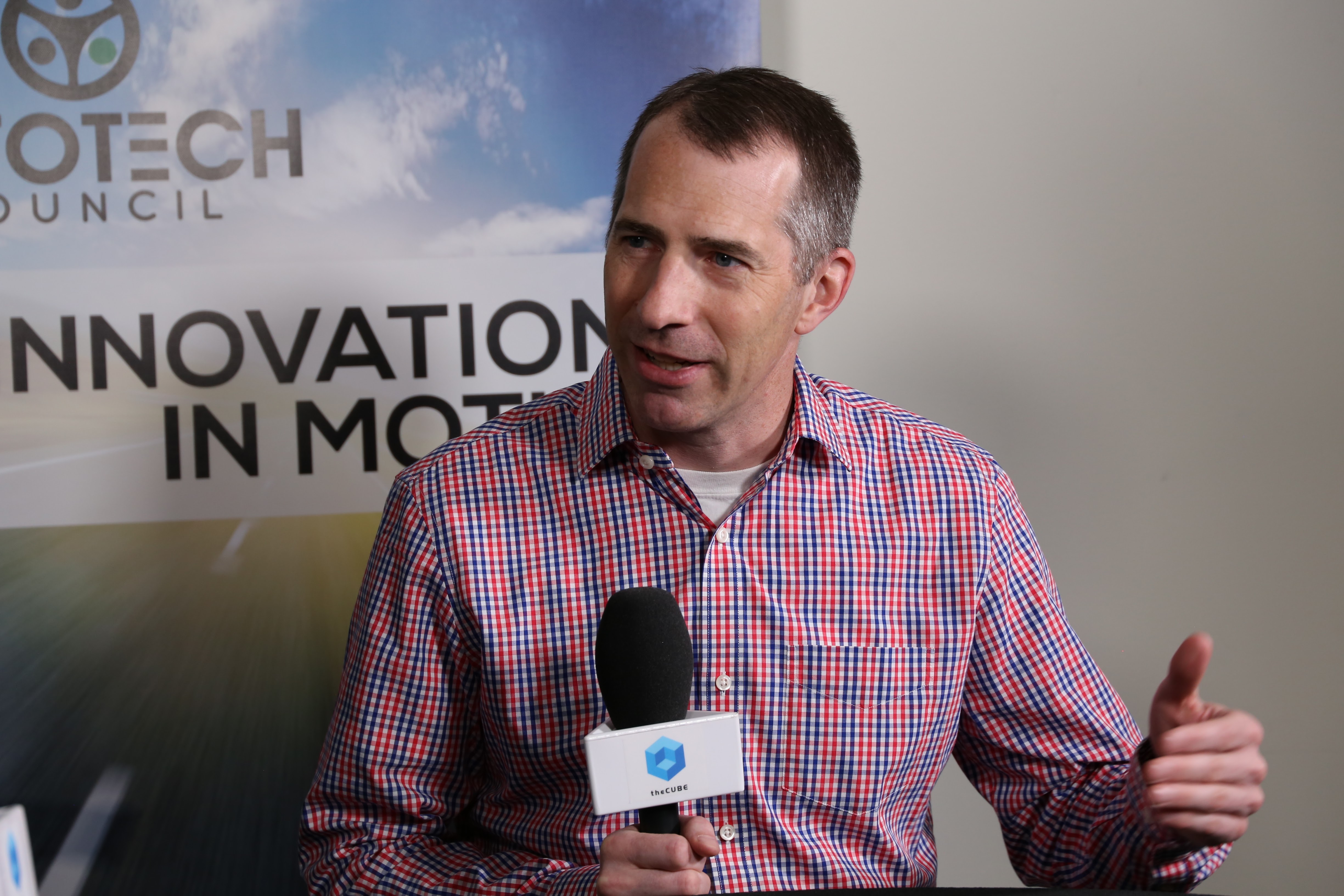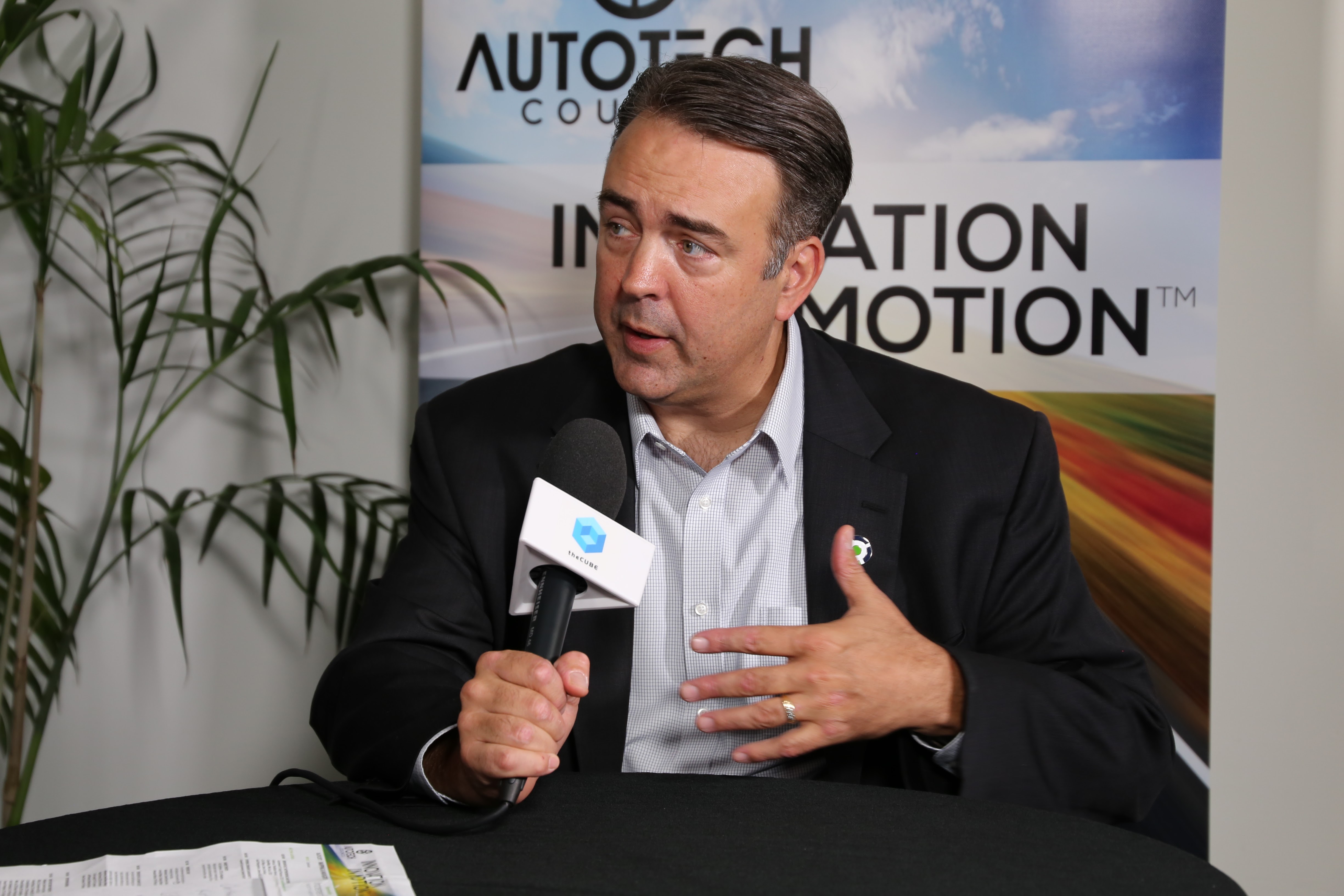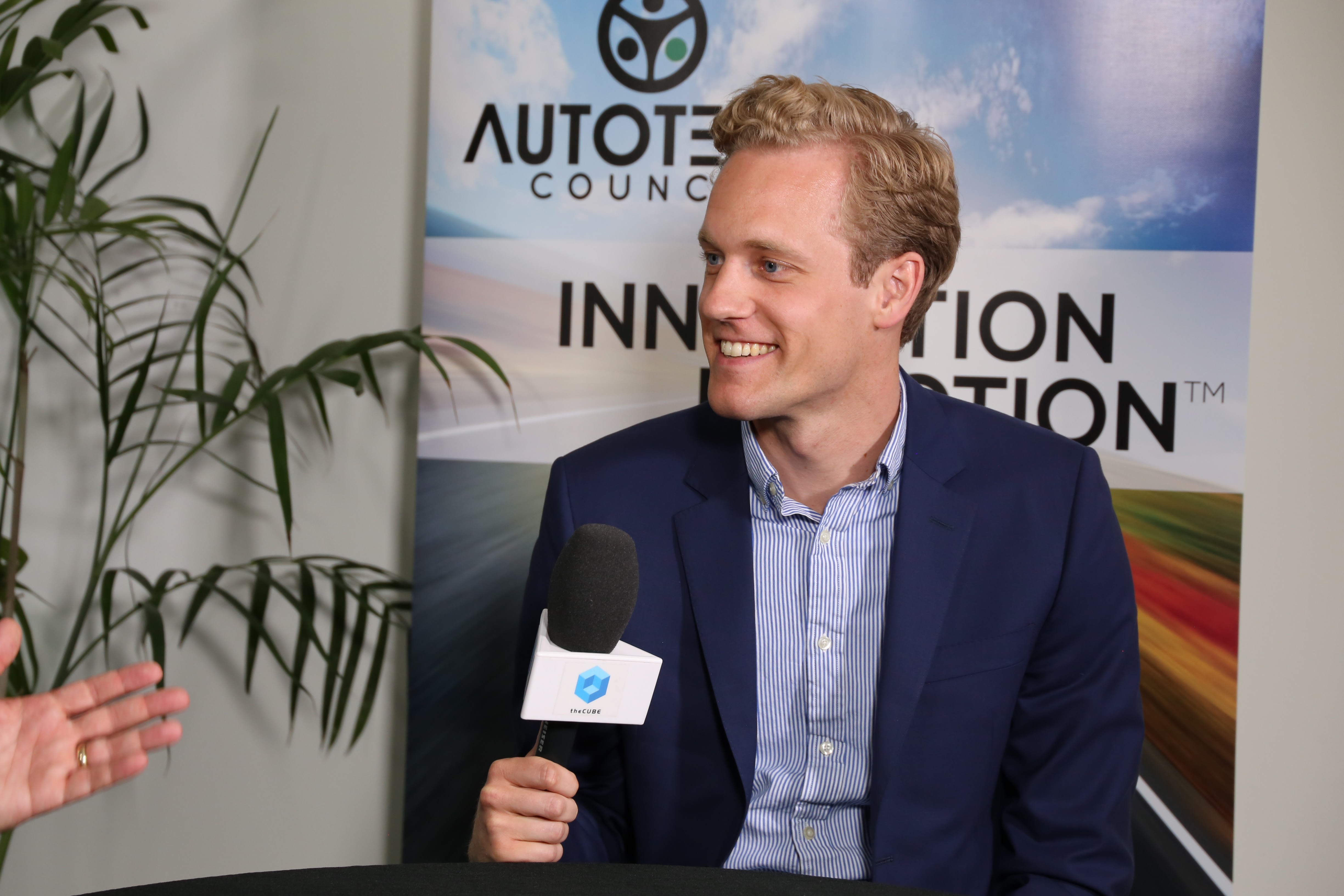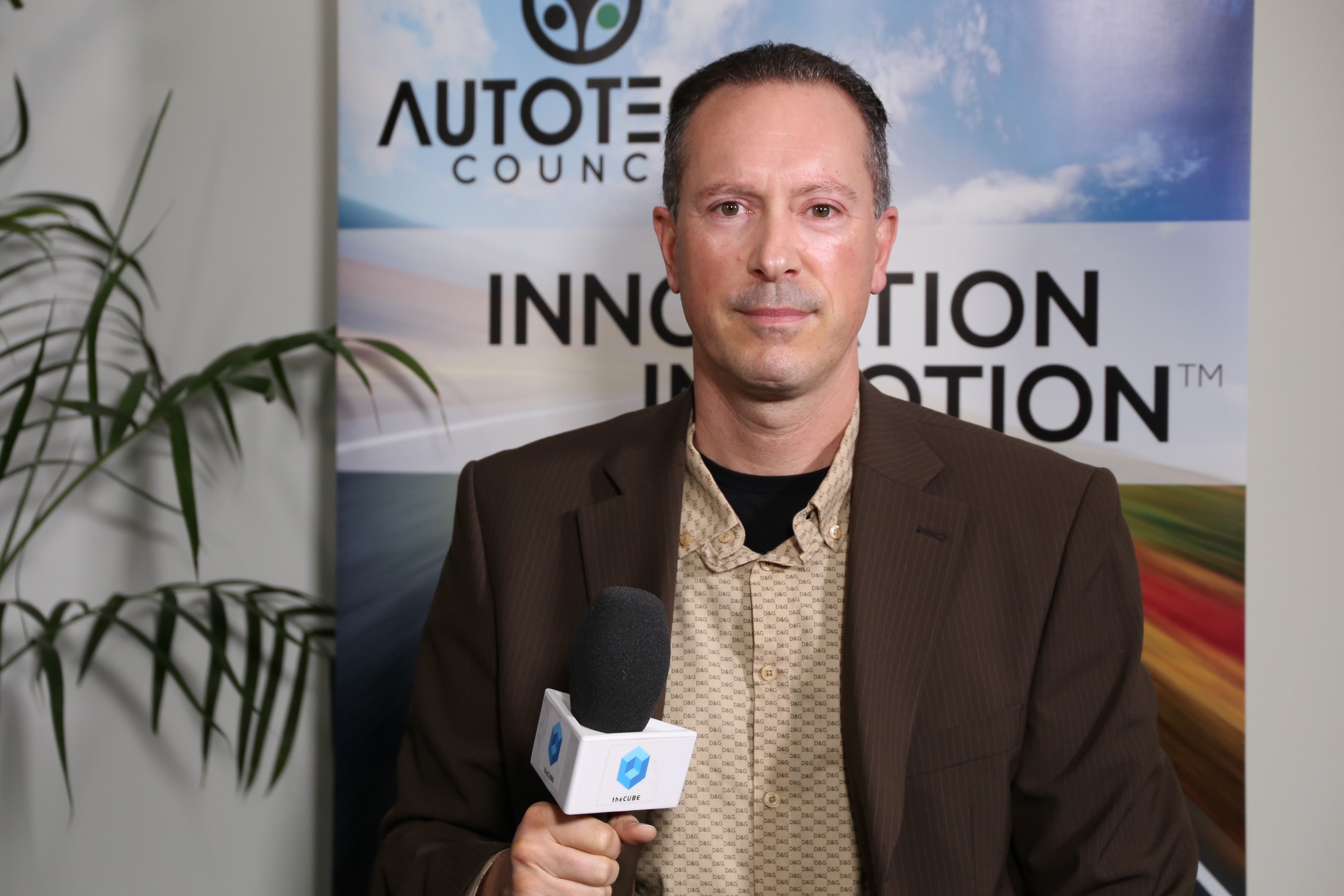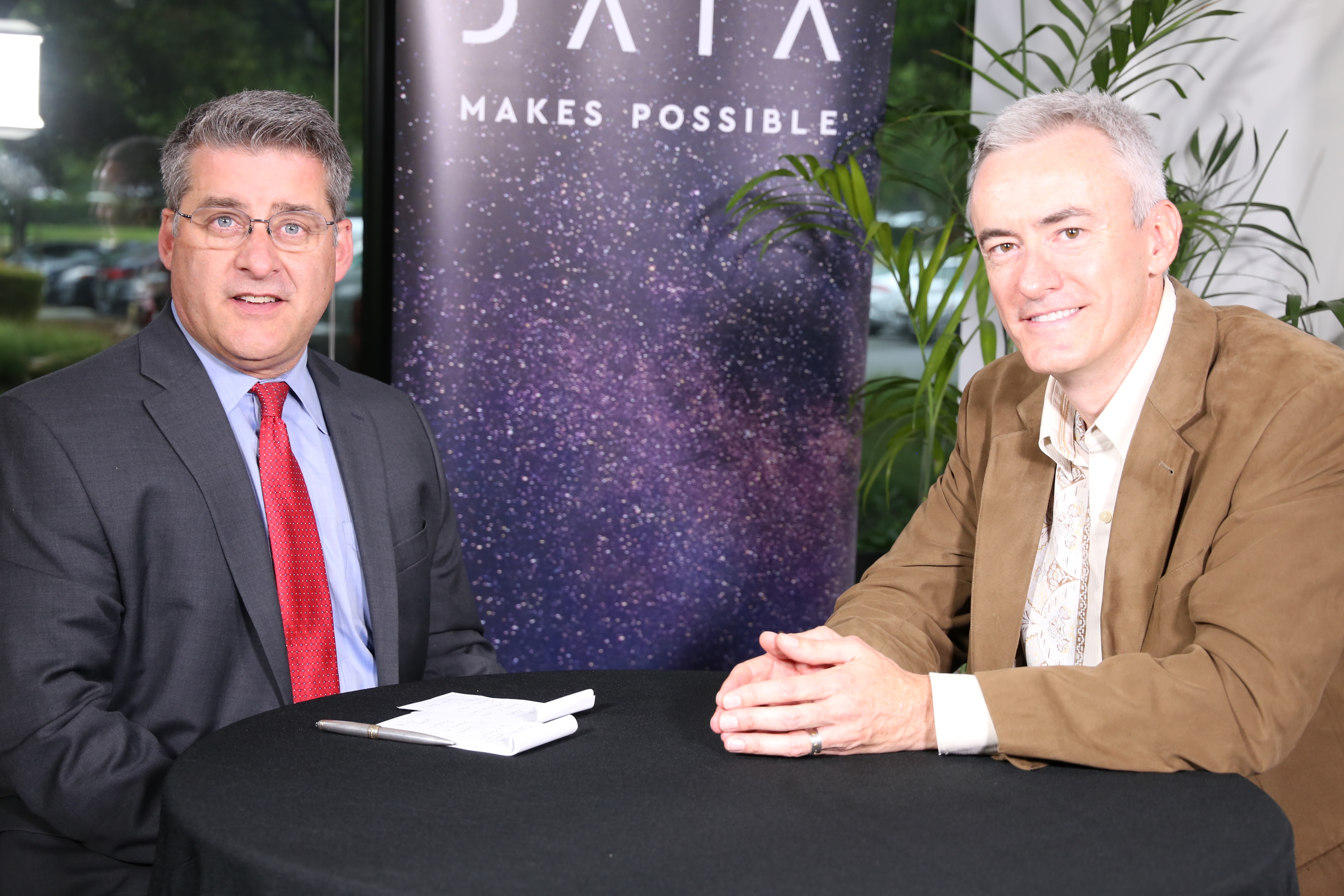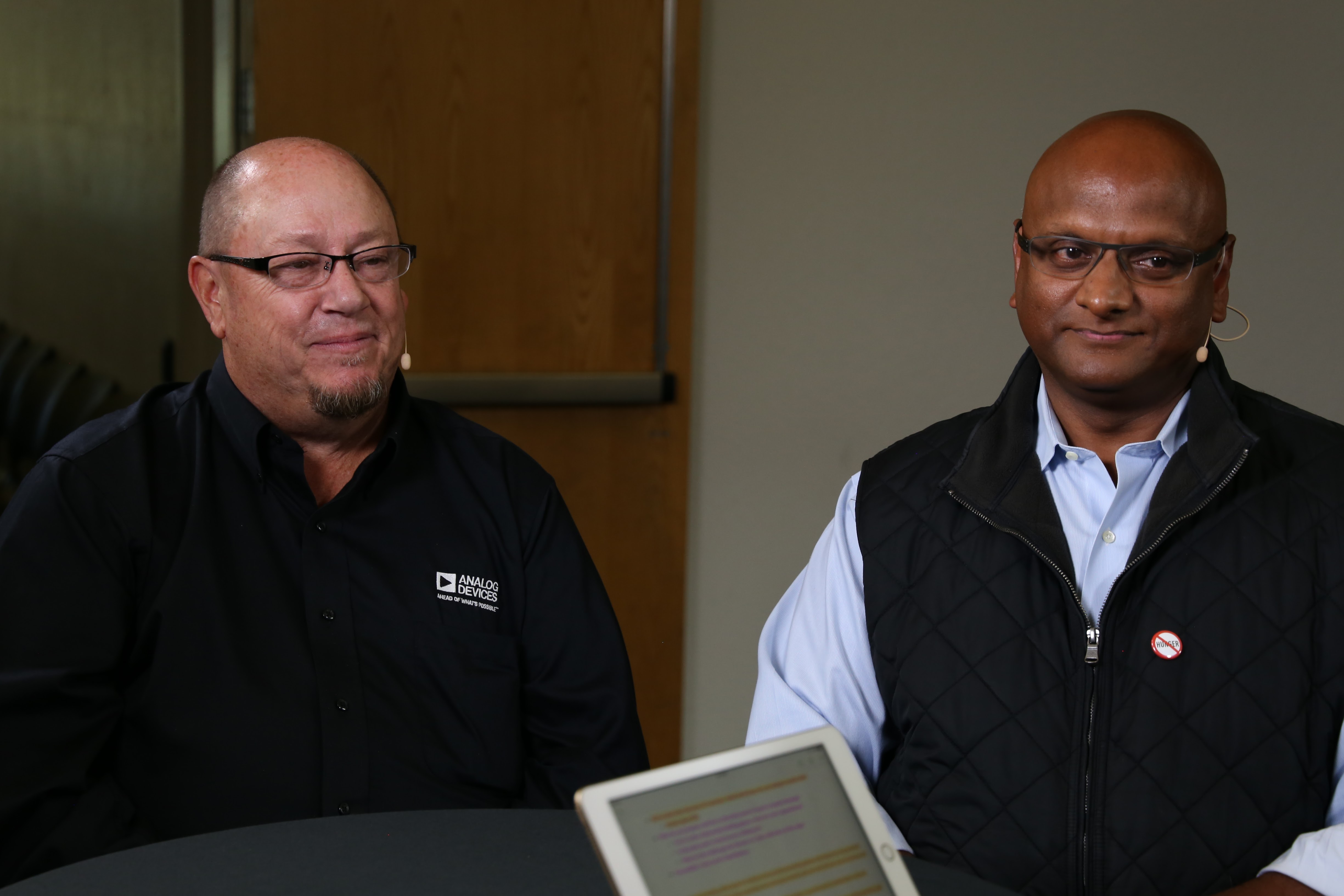Aaron Melgar
Latest from Aaron Melgar
Japanese industries collaborate on self-driving car ambitions for 2020 Tokyo Olympics
As the Japanese economy struggles to remain competitive in the existing consumer electronics market, its leaders are turning their eyes toward the future of autonomous vehicles and robotic technologies as a source of innovation and growth, including showcasing self-driving vehicles at the upcoming 2020 Olympics. Increment P North America Inc. has a long-standing history of ...
Cognition for cars: Making sense of sensor data helps autonomous cars make better decisions
Autonomous vehicles are tasked with the tall order of exceeding the performance of all human drivers, all of the time. The systems designed to manage an autonomous vehicle are growing ever more complex as a myriad of new sensors come online and the available computing power to process the data generated grows exponentially. One unique ...
Storage solutions enable edge computing for autonomous vehicles
While some tech applications, such as mobile or personal computing, have started to flatten out, the semiconductor industry has seen dramatic growth in the automotive space over the past few years. Many of the big players are focusing their attention on the nascent semiconductor market, thanks to tech like the Internet of Things, as seen in ...
Laser-based sensors for autonomous vehicles continue to evolve
As the battle amongst optical sensor technology providers rages on in the self-driving car market, general trends are starting to form within the industry. Laser-based Lidar systems (light detection and ranging) have historically been viewed as the gold standard for mapping resolution, but they are also known to be far more expensive than competing technologies. Yet the ...
Smart cities share data to enhance autonomous vehicle capabilities
Smart cities are playing a big part in aiding the growth of self-driving cars by providing additional sensor data to enhance vehicle safety and navigation. In order to facilitate the transfer of information from the smart cities to data consumers, Christian Kotscher (pictured), founder and chief executive officer of MetroTech Net Inc., started a company that is ...
TomTom reveals shifting paradigm in mapping technology as autonomous vehicle trends evolve
The fast pace of technology innovation forces companies of all types to constantly shift their strategies and roadmaps in anticipation of market needs. The proliferation of autonomous vehicles has had this effect on a number of players across industries from computing, to data storage, to software and connectivity companies. During this year’s Autotech Council – Innovation ...
Data from self-driving cars enables new applications for smart cities
As mapping, navigation and sensor tech for autonomous vehicles continues to advance and support real-time communication between humans, machines and sensors, the data garnered from these systems can have far-reaching impact, including for smart cities, according to Mirko Kerschbaum (pictured), founder and chief executive officer of Pegaza, an automotive technology consulting company helping connect companies in Silicon ...
Flash memory technology enhances self-driving car data solvency, says Western Digital
Many different technology trends are converging at the forefront of autonomous vehicle control, including mapping technologies, mapping and sensor technology advancements, and flash memory technology. And each aspect of innovation plays a critical piece to the puzzle, according to Colm Lysaght (pictured, right), vice president of corporate strategy and innovation at Western Digital Corp. “The automotive industry is being ...
Linking car makers with disruptive technology
The massive growth in computing power and data science coupled with diminishing infrastructure costs is disrupting the traditional methods of innovation in the automotive industry. The Autotech Council — created to enable better innovation in the auto industry get to market faster — is helping bridge the gap between disruptive technology startups and car-makers from around the world. “We ...
Blockchain brings new level of transparency for food consumers
Applying new technologies in historically low-tech industries, such as agriculture, presents a new set of challenges around perceived costs, incentive structures and risk. However, when a new application, such as blockchain, opens up, the outcome can be truly transformative. During this year’s FoodIT: Fork to Farm event in Mountain View, California, Raja Ramachandran (pictured, right), founder of ...






